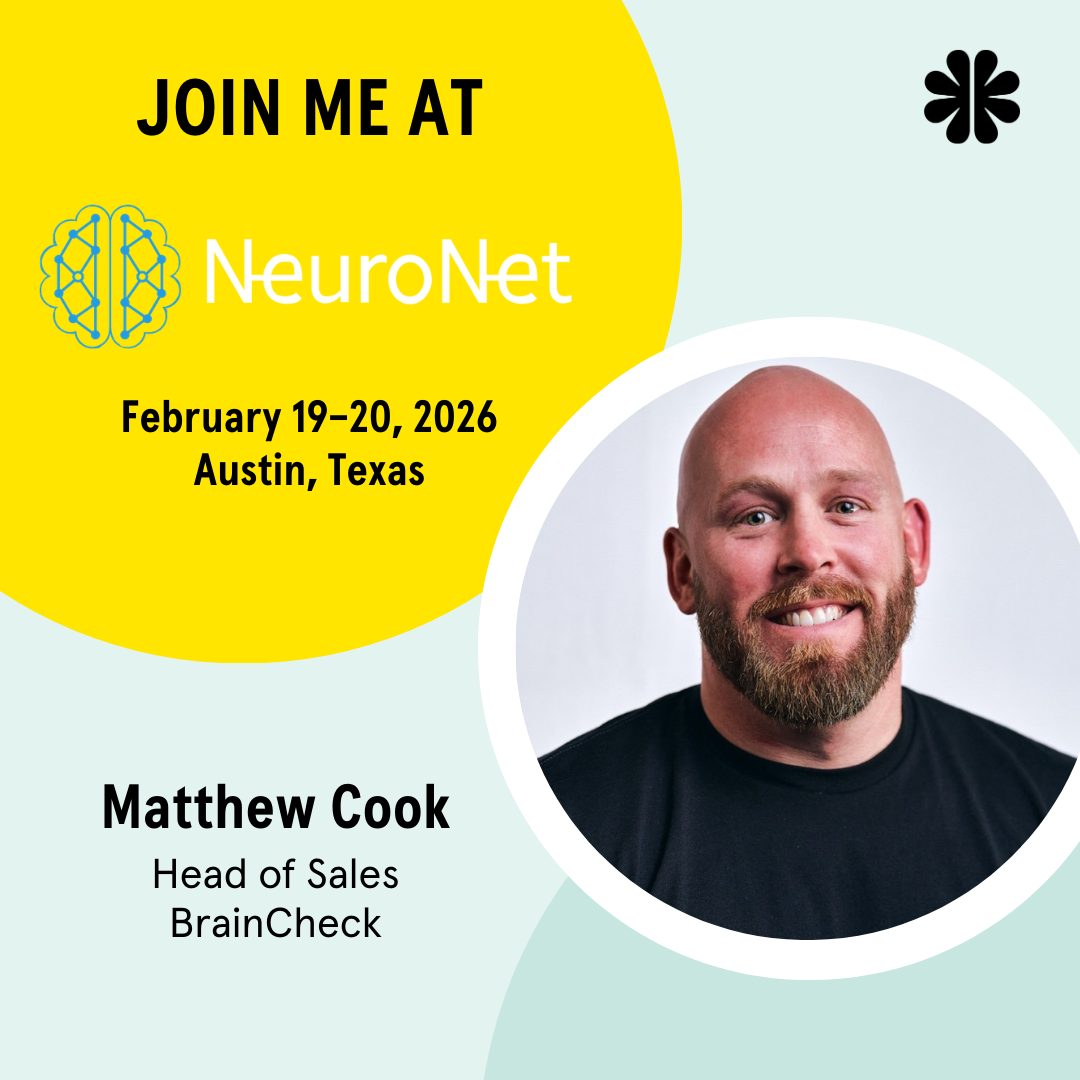A year into social isolation measures to control the spread of the virus, researchers remain concerned about the impact of the COVID-19 pandemic on adults with Alzheimer’s disease and dementias. The pandemic has disrupted and significantly altered the lives of individuals across the globe, however the impacts to older adults are of particular concern. Not only are they at greater risk for health complications, but they are more likely to experience negative impacts of isolation. Loneliness, age discrimination, and excessive worry are associated with older age. Isolation may exacerbate these common issues older adults face.
A Rapid Review of COVID-19 Impacts on Older Adults
A rapid review study published in JMIR Aging reported older adults experiencing a worsening of psychological symptoms and greater loneliness due to pandemic-related isolation. Variables associated with poor psychological health included living alone, decreased social interactions, health concerns, and feeling close to death.
Across the 113 studies examined, the researchers also found mixed results. For example, some studies found that when compared to younger adults, older adults reported lower increases in unhealthy food consumption, screen usage, and tobacco and alcohol use. However, other studies found an increase in these variables for older adults when compared to other age groups. The researchers believe that the heterogeneity of the older adult population may have led to contradicting results across studies.
Impacts to Older Adults with Alzheimer’s Disease and Other Dementias
When looking at adults with Alzheimer’s disease and other dementias, researchers found increases in neuropsychiatric symptoms like depression, anxiety, and agitation. The researchers believe that adults with Alzheimer’s disease and other dementias place them at greater risk to experience adverse impacts due to isolation.
It is estimated that 45% to 75% of nursing home patients have Alzheimer’s disease or other dementias, highlighting the need for continuous and accessible cognitive care in this population.
BrainCheck Helps Continuously Monitor Health
Physical distancing has brought about a push for using digital technologies to maintain communication. Physicians need accessible tools to maintain high levels of care for older adults who may be at risk for greater negative consequences due to isolation.
BrainCheck’s remote testing capabilities enable physicians to plan cognitive care and continuously monitor patients. Physicians can then work with patients and their families and caregivers to establish strategies to ensure older adults are able to maintain social contacts, preserve family ties, and maintain the ability to receive care during the current pandemic.




